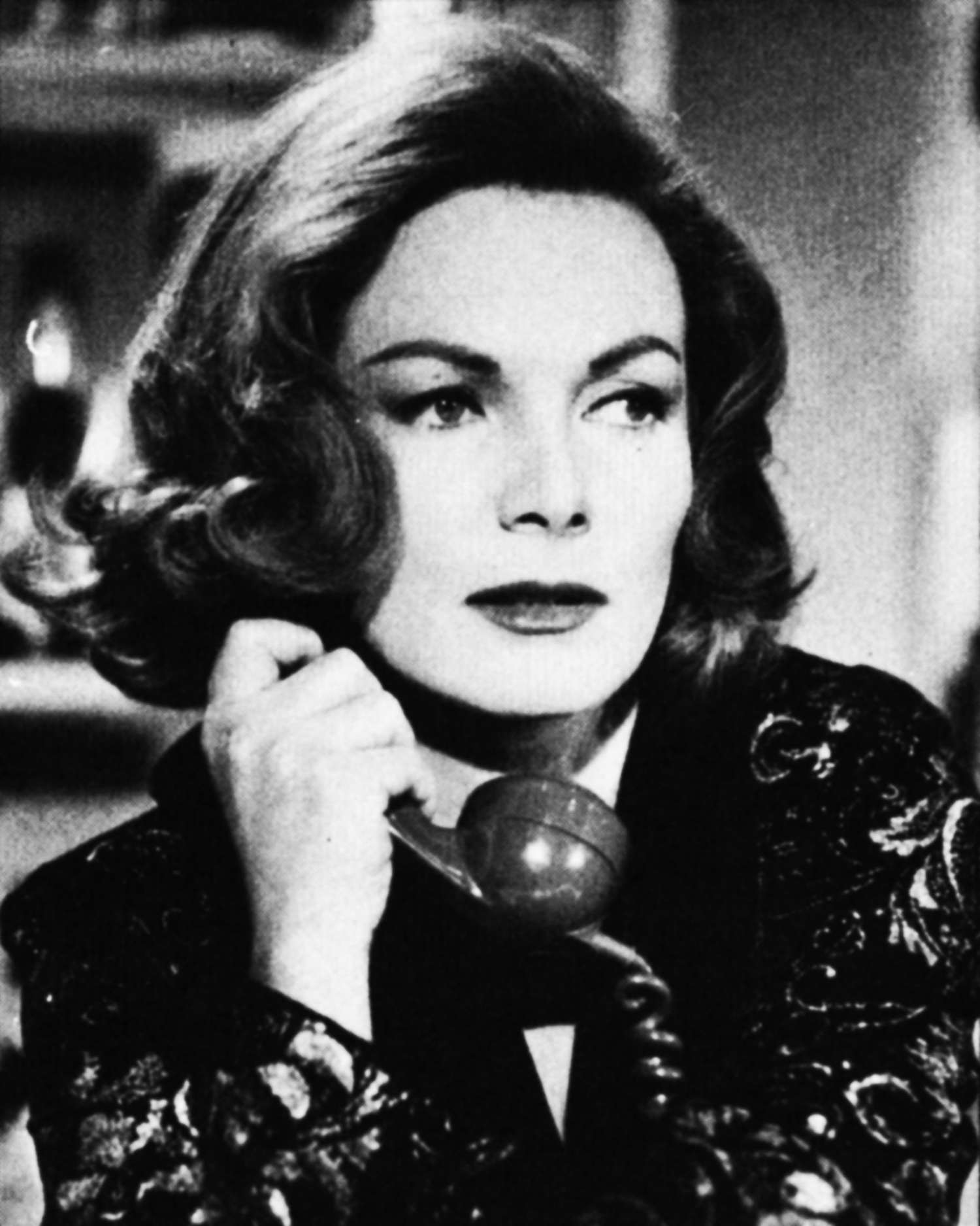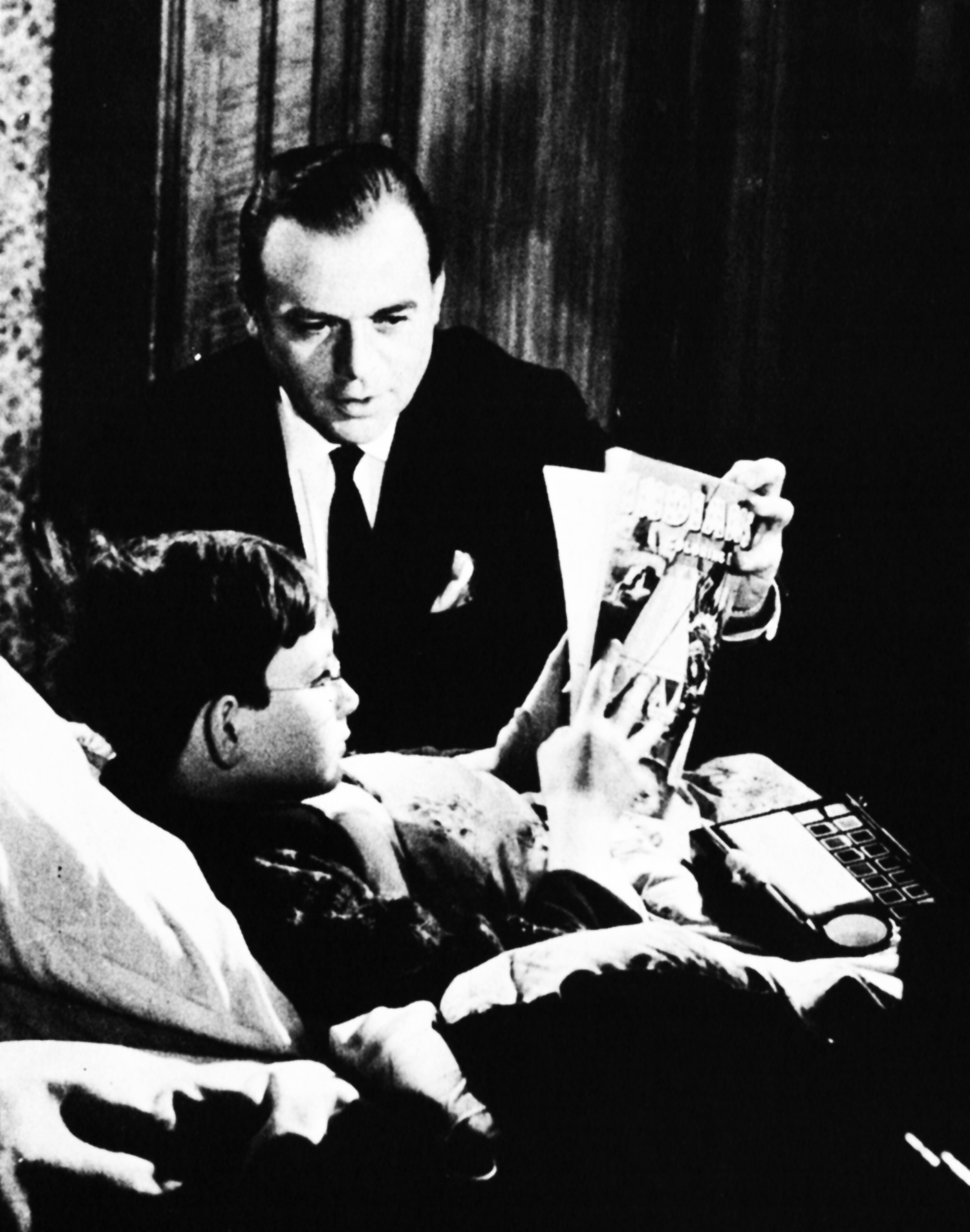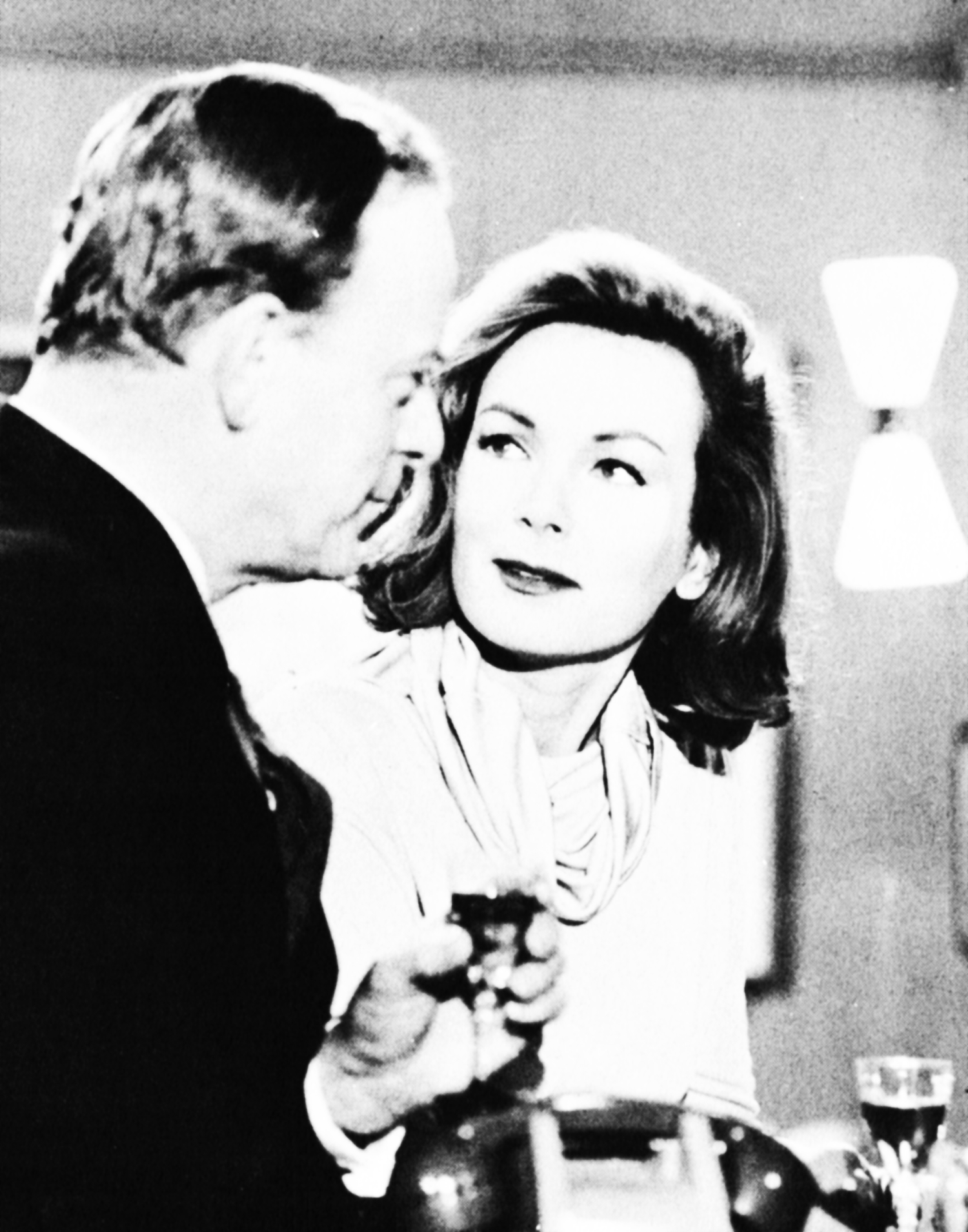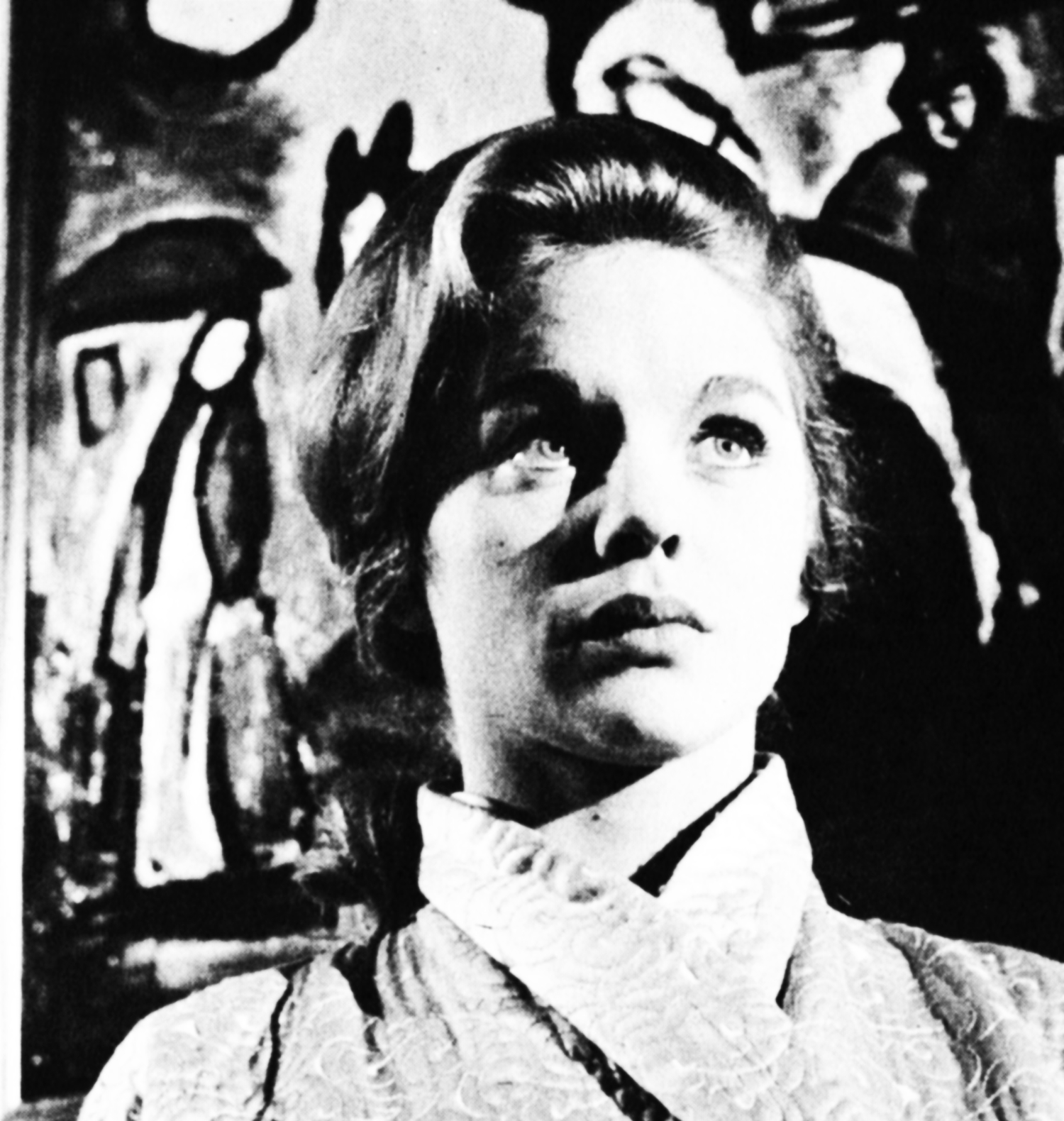THE VACANT CHAIR
When the elderly Managing Director of a vast northern steel plant dies suddenly, there is difficulty in appointing his successor.
There are four working directors on the Board, each a very different personality. Basil Phillips is a self-made man of fifty, with an authoritative, if not domineering manner. A man who likes a laugh, but not against himself.
Also fifty, George Hunter went to the right schools, mixes easily, and oozes confidence. He and Basil have been friends for years.
David Stephens is sixty, an owl of a man, the Chief Accountant.
Percy Roberts is younger, a bachelor of forty-five, a quiet, unassuming man lacking personal magnetism and generally considered to be of little consequence. It is Percy who travels to see Dr Roger Corder, and explains their dilemma. As he points out, there are two brilliant men on the Board, Basil and George, and as they are personally so different, it was thought to be a good idea to ask the psychiatrist to act as arbiter. Dr Corder agrees to travel north for a week and make a recommendation – nothing more. He asks that the two men should be advised of what is happening. He will start off by interviewing the people who come into daily contact with them. Little does Dr Corder realise as he begins this case that the reactions of industrial executives under stress can correspond closely with those of a small boy who, at the time, is another of his patients.
George is delighted when he hears what is happening. After all, his relationship with the staff is excellent. Brenda, his rather heavy drinking wife, promises, rather cynically, to support her loving husband should she be interviewed. Basil, on the other hand, is angry. How do the workers know anything about the Managing Director’s job? Anne, Basil’s second wife, his first having been killed in a car crash, is slim and attractive. She has a brittle charm that will certainly be used to further her husband’s success.
As the interviews continue, the supporters for each faction seem to be about even. There are those who consider George to be a tailor’s dummy, and those who feel that Basil would be a despot. Talking to Corder, Dr Jimmy Davis feels that George veers towards the democratic group-system, while Basil is the paternalist, the benevolent autocrat.
Tension rises on Saturday night when Corder, Jimmy and his daughter, are asked to a party for George Hunter’s son, Pete, who is twenty-one. Both wives, Anne and Brenda, seek out Corder, and subtly plant remarks detrimental to the other’s husband. George and other women? – well! Such a lot of gossip when Basil’s first wife died in that crash. He was driving, you know. Corder’s daughter, Jennifer, goes off to another party with Pete, and when she hasn’t returned to their hotel by 5 am Corder is worried. When eventually she comes in, having had to walk home after an unpleasant incident, the doctor is furious, and wastes no time in letting the boy’s father know it. To George and Brenda it looks as if his chances of the post have gone. The parents encourage Pete to try to make it up with Jennifer.
Basil is on top of the world – poor old George. But his bonhommie doesn’t last long when Corder sends for him and accuses him of having lied during his interview. Basil admits that he had taken outside advice on the answers that Corder would have considered to be correct.
Basil is off to Finland to pick up, he hopes, a million pound order. Before he leaves he invites Corder and the Hunters to a dinner party at his house to celebrate his return.
During Basil’s absence. George, by skilful negotiations averts a strike in the plant.
Basil returns without the order.
At the dinner party the room becomes a verbal battleground, with accusations and denials flashing across the table. The only silent person present is Corder. It is he who brings the party to order.
Next day Corder hands the name of his choice to the Chairman – it is Basil Phillips.
As he explains to Jimmy Davis, the company needed a forceful personality to take it by the scruff of the neck and shake it until it yelled with life. George Hunter was an excellent administrator, but he was inclined to let people come to him. But Phillips was his man because, as it had been said before, he put fire into people’s bellies.




